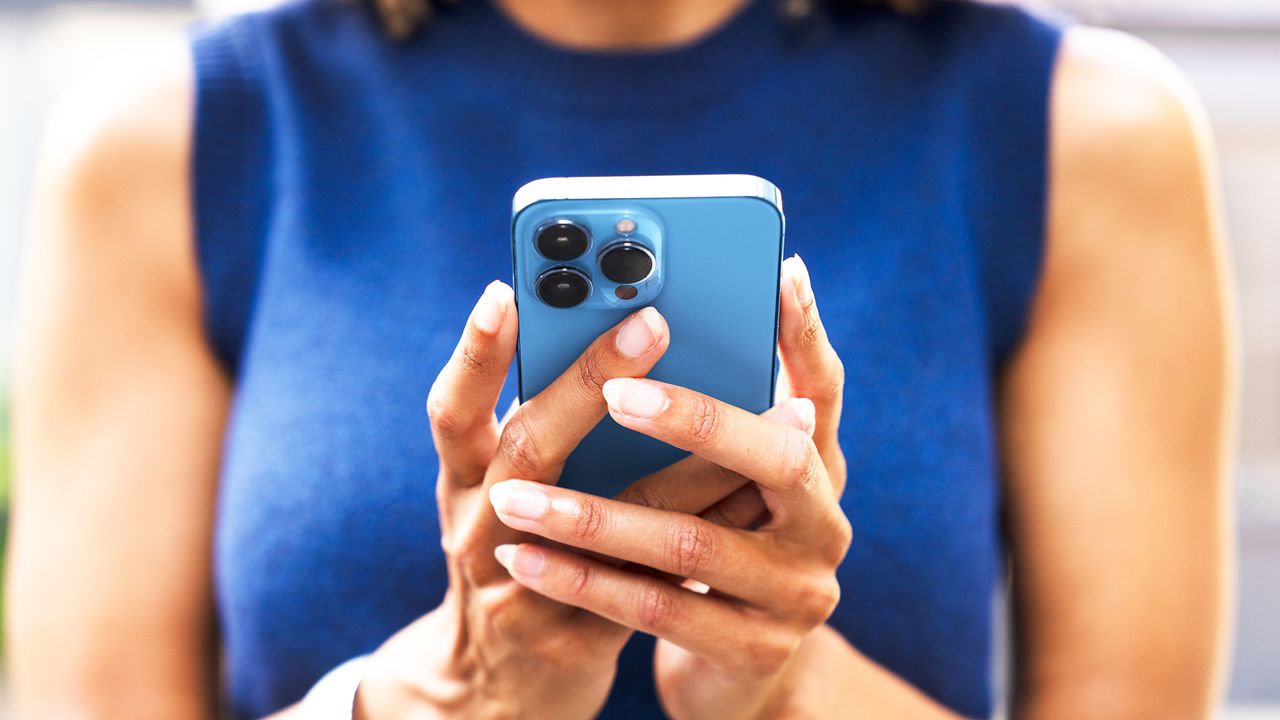
A tribunal is underway in the UK that is set to decide whether Qualcomm knowingly inflated prices for its phone chips over the last decade.
If successful, the case could rule that it should compensate iPhone and Samsung device owners.
A court case could result in millions of iPhone and Samsung phone users in the UK being eligible for a cash payout.
British consumer organisation Which? is taking Qualcomm to the Competition Appeal Tribunal today, Monday 6 October 2025, claiming that it overcharged for hardware used in devices between 2015 and 2024. Those charges, it says, were then unnecessarily passed onto consumers.
The BBC reports that, if successful, Qualcomm could be facing a fee of £480 million that will be shared amongst those affected. However, considering that's thought to be up to 30 million phone users in the UK, don't expect it to fund a major spending spree. In fact, you might struggle to get yourself a giant Toblerone.
The compensation due would work out at roughly £17 per person, it's said.
Of course, that's if Which? is successful. Qualcomm has in the past said that the claim has "no basis".
The provider of phone processors and communication chips to the likes of Samsung and Apple has been accused of inflating prices using "anti-competitive practices". The claim was originally filed in 2021 and states that the chip manufacturer "forced" phone makers to shell out more for its technologies and licences – suggesting that it abused its leading market position for almost a decade.
The case has taken many years to get the tribunal stage, however, and is specific to iPhones and Samsung's Android phones purchased between 1 October 2015 and 9 January 2024.
As also reported by the BBC, the chief executive of Which?, Anabel Hoult, believes that this could turn out to be a big moment for consumers in general: "It shows how the power of consumers – backed by Which? – can be used to hold the biggest companies to account if they abuse their dominant position," she said.







